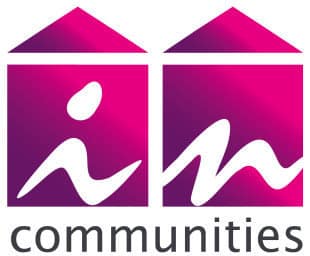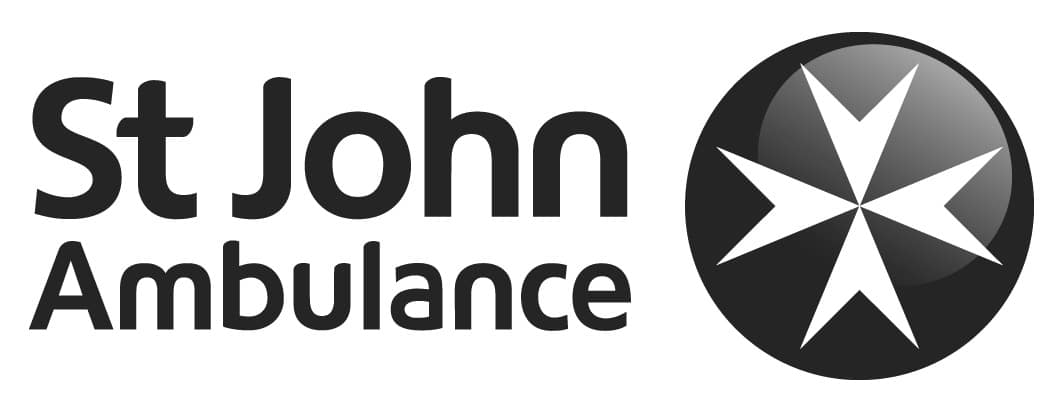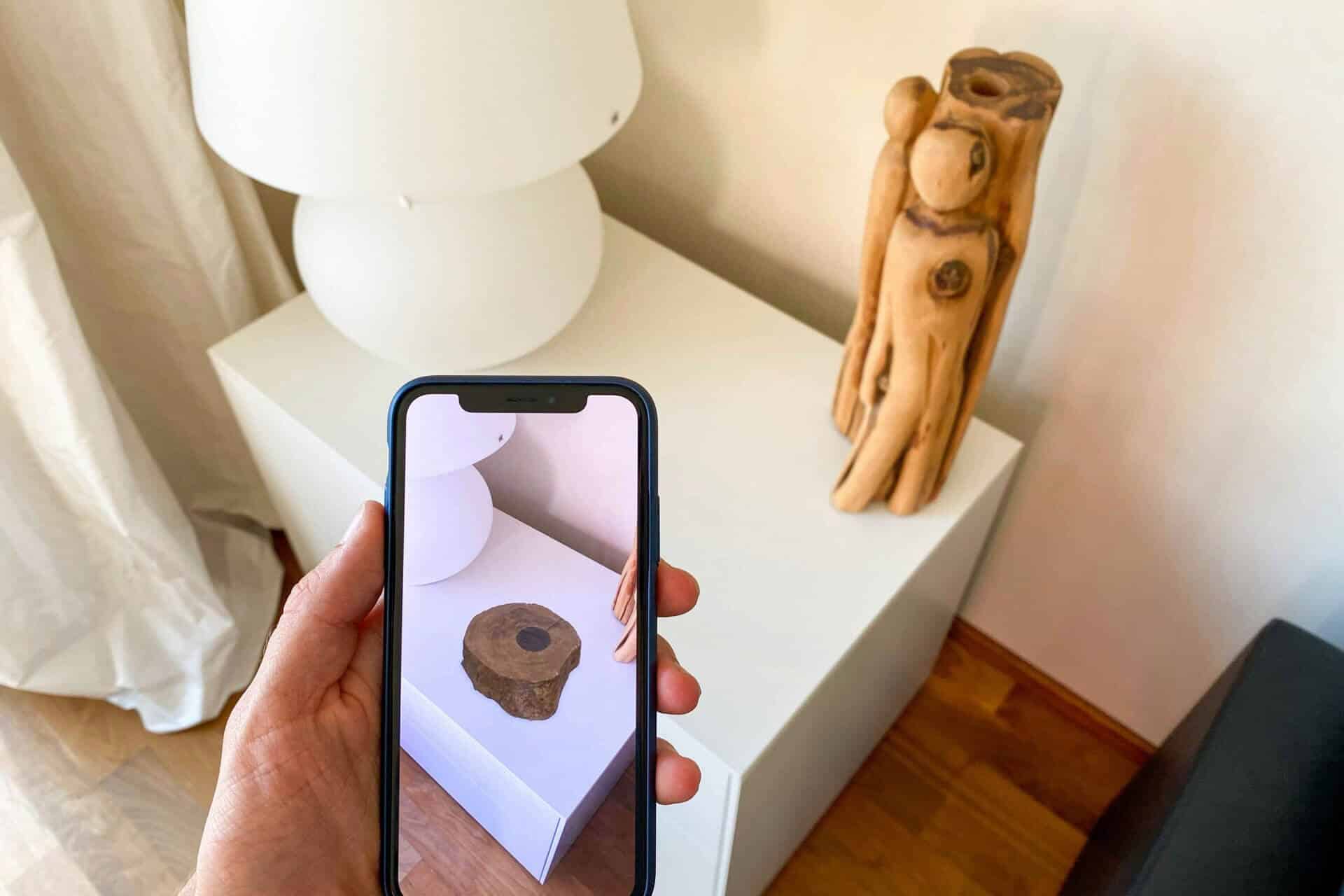Target Operating Model

Why Target Operating Models are important
A Target Operating Model (TOM) helps bring your business strategy to life by showing how everything should work together… From people and processes to technology and structure. Think of it as a clear, practical plan that keeps everyone aligned and moving in the same direction. With a solid TOM in place, your organisation can work more smoothly, cut out inefficiencies, and respond more quickly to change. It also makes it easier for teams to collaborate and deliver better results for your customers. In short, a TOM helps your business to operate smartly, faster, and with purpose.
Nine Feet Tall helped transform our commercial supply chain operations. Their quick understanding and relentless focus on delivery meant we were able to meet our extremely tight deadlines. Their expertise was crucial to our success and loved the ‘hands on’ practical support they provided!
Ian Keyworth
Head of Retail Change,
Poundland
Key Steps to designing a Target Operating Model
Understand your current state
Talk to teams across your business to learn how processes really work and identify pain points or inefficiencies.
Identify challenges and opportunities
Pinpoint what’s not working through problem statements and highlight where improvements or innovations can add value.
Create a clear vision
Define what success looks like by aligning the TOM with a set of key principles that align to your strategic goals and customer needs. These will help keep you on track and provide your north star during implementation.
Design the model
Map out how people, processes, technology, and governance will work together in the future state. Remember to make sure there is financial alignment. A commercial lens on your TOM helps forecast how operational costs could change.
Develop a roadmap
Prioritise changes, set timelines, and get buy-in from stakeholders to make sure everyone moves forward together.
Optimise
Once you move to your future state you can still optimise to enhance your model.
Following these steps helps ensure your TOM brings clarity, agility, and efficiency to your business operations.
How we work with you
Nine Feet Tall use a tried and tested approach which has helped large-scale organisations see immediate results. Our TOM methodology starts with a rapid review to understand transformation landscape and gather your bespoke TOM requirements. This will include a review of your business strategy and any impact assessments completed to date to understand your as-is organisation.
We work in collaboration with you to develop design principles and success measures in line with business strategy and transformation objectives. Understanding the impact via a gap analysis can highlight differences between your TOM and your current operating model. The level of impact will provide a guide for how long the transition will take and how activities can be phased to ensure people are kept at the heart of the process.
Once agreed we will employ our “just enough governance” model to develop an implementation roadmap which fully considers how you can make timely decisions throughout the transition and ensure teams adopt new ways of working.
Nine Feet Tall’s top tips for designing your Target Operating Model
Create a design team from trusted business leaders who understand the strategic direction of the organisation and have ideas on how to get there.
Work closely with business leaders to control and manage the timing of messaging. A lack of understanding of the why behind a change to your operating model could result in lack of engagement and adoption.
Focus on the core processes that deliver value for your end customer or beneficiaries before thinking about roles and people structures. This will allow you to take the emotion out of the design and focus on business critical tasks that relate directly to strategic goals.
Ensure capability and skills gaps are mapped out to inform training requirements end-to-end processes. This can include interactions with tools and systems, but also decision making frameworks, expected behaviours and management KPIs.
Maintain your focus on the benefits and challenge the scope of your TOM where misalignment occurs
Be clear on the scope of your TOM with the programme team and engage with other workstreams on shared deliverables
Create different business scenarios to fully test that the new operating model will work in practice before implementation. This will also initiate engagement with team members and showcase what the new world will look like.
Choose a TOM model that aligns the design team and ensures elements of your Operating Model aren’t missed. At Nine Feet Tall we have a tried and tested operating model tool which we use to check each element of your operating model.
Got a Question?
Get in touch today, book your free consultation using the button below.
Latest Thoughts
Frequently Asked Questions
Key elements include strategic alignment, organisational agility, data-driven decision-making, cross-functional collaboration, and a culture of continuous improvement. These components ensure the operating model supports long-term competitiveness and resilience.
An operating model defines how an organisation creates value through its processes, technologies, and people. It is crucial for modern businesses because it enables agility, supports digital transformation, and aligns strategy with execution, helping organisations stay competitive in a rapidly changing environment.
If you’re wondering how to begin on your Organisational Design journey, Nine Feet Tall’s consultancy service, as an experienced organisation design consulting firm, can provide you with guidance to get off on the right foot. We will partner with you to develop effective organisational designs using a holistic approach that taps into the core elements which make up an organisation from the processes, roles and responsibilities, technical enablers and decision-making streams. Similarly, if you have been working on your organisational design strategy for a while and have been struggling to get it off the ground, we can assess where you may be going wrong against tried and test criteria to ensure your design work can get back on track.
Our organisational design consultants are a team of experts who can help you design and organise your business from its overall structure down to the roles and resources within it, putting the right people in the right place at the right time as you work through this transition. You’ll benefit from their shared expertise as they help you nurture the tools you need to improve company efficiency and increase team productivity.
With an open mind and a clear vision. Understanding where you want your organisation to be in the future is absolutely vital to the success of your redesign; without a goal to work towards, it’s difficult to review with a critical eye or strategise with purpose.
Organisational design is an essential part of ensuring your company’s future success. The benefits of organisational design are simple:
- Faster growth
- Better decision making
- Improved efficiency
- Greater visibility of your organisation
- Reinforced vision for your organisation’s future
- Growing a culture of continuous improvement
Ready to take the first step?
Book a 1:1 consultation with our Target Operating Model specialists today.














